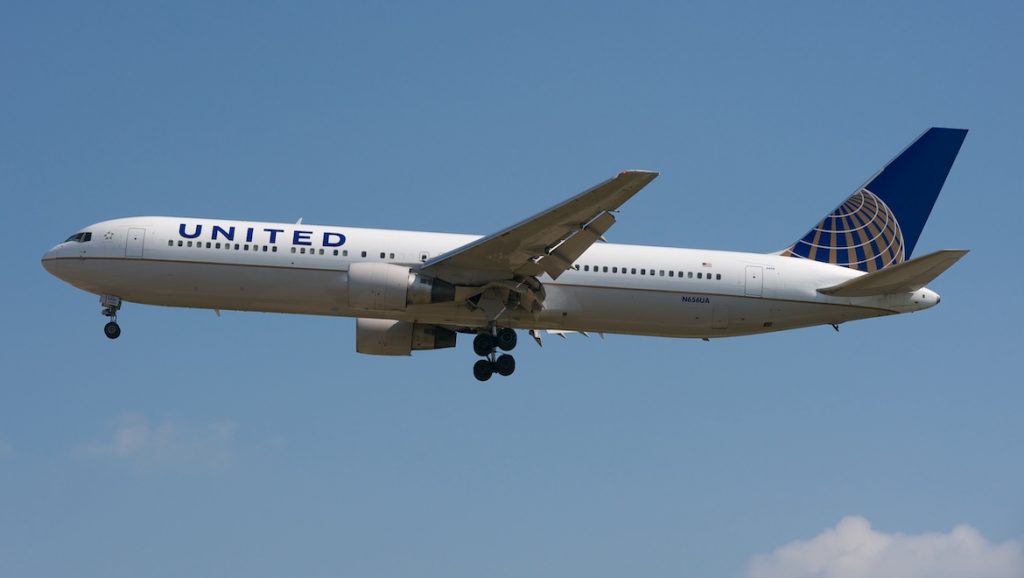
United Airlines has announced it will train and hire an additional 5,000 pilots within its Aviate flight training program by 2030, with at least 50 per cent of its new trainee pilots being women or people of colour.
In addition to opening up training spots, United has partnered with JPMorgan Chase in order to offer $1.2 million in scholarships, to encourage any and every eligible and capable candidate to apply, regardless of financial standing.
Aviate students who miss out on scholarships will also be assisted by United in order to secure loans to cover their education costs, until they are officially onboarded with United. As it stands, the cost to secure pilot qualifications sits at around US$100,000.
The Chicago-based airline purchased a flight training facility in Arizona last year in order to get ahead of the long-perceived industry pilot shortage that some analysts believe could now be more prominent than ever once the industry recovers from COVID-19.
In fact, in light of early retirements, voluntary redundancies and natural attrition experienced throughout the last year, United is already facing a pilot shortage in the near-term.
As such, the airline is already currently on the lookout to hire around 300 pilots, many of whom will be taken from the pool of those who had been offered a position, but not a start date, before COVID hit hard in March 2020.
Those welcomed into the new United Aviate academy need no prior flight experience, as they will be taught from the ground up.
United said students at its academy will earn a basic flying licence within two months and a more advanced licence within a year.
They would then go on to gain experience flying for one of United’s regional airline partners and could become a United mainline first officer within five years.
Applications for the academy have already opened, and United hopes to see 100 students through the program this year alone.
The academy will begin training its first class of 20 students in Q3 2021, with graduations expected to begin in the first half of 2022.
United CEO Scott Kirby said training at the airline’s Arizona academy will be rigorous “and even more focused on safety and preparing people to become commercial airline pilots instead of just pilots of their own aeroplanes”.
The academy intake also hopes to tackle the current lack of diversity seen across American cockpits.
Currently, United says people of colour make up around 13 per cent of its pilots, while women make up around 7 per cent – just slightly above the global average of 5 per cent female.
The airline said in addition to encouraging women to apply, it will also partner with three historically Black schools – Delaware State University, Elizabeth City State University and Hampton University – to find and recruit people for the academy.
Carole Hopson, a United Boeing 737 first officer and woman of colour, said of the program, “We had a pilot shortage before the pandemic. After the pandemic we will still need qualified, exceptional people on our flight decks, and this is a way to get them there faster.”
She also stressed that the Aviate flight training program gives more diverse candidates a “visible” career pathway.
The announcement of United’s new training and hiring spree comes just days after Atlanta-based Delta Air Lines was forced to cancel around 100 of its flights over the Easter weekend due to a shortage of active pilots and other staff.
The airline’s self-reported “staffing issues” are the likely results of a slew of early retirements and voluntary redundancies that were taken by pilots throughout the year.
For the pilots that remain with the company, many will need to be re-trained onto other aircraft types, or otherwise undergo pre-flight checks in order to return to active duty after months of being stood down.
It was the second time in six months that Delta was forced to cancel flights due to an insufficient amount of pilots.




